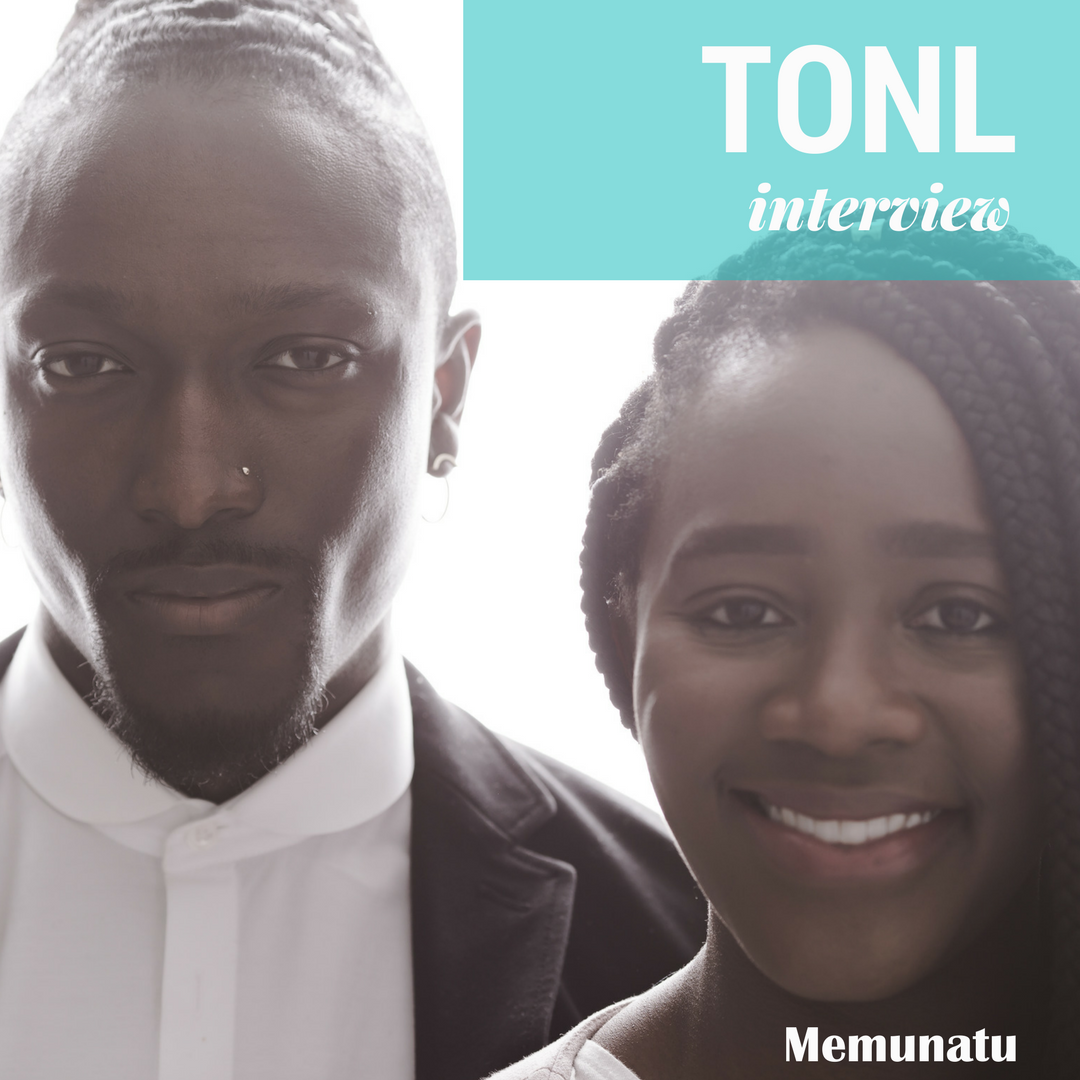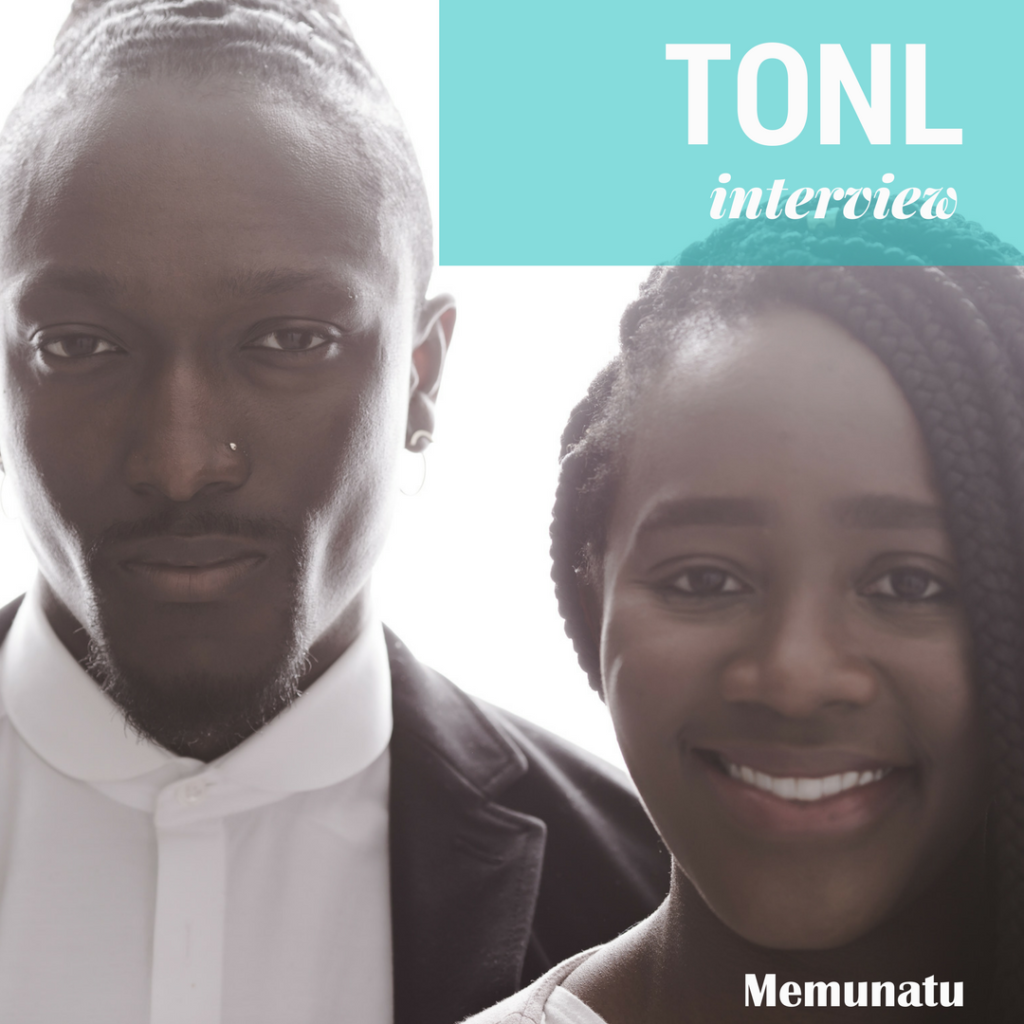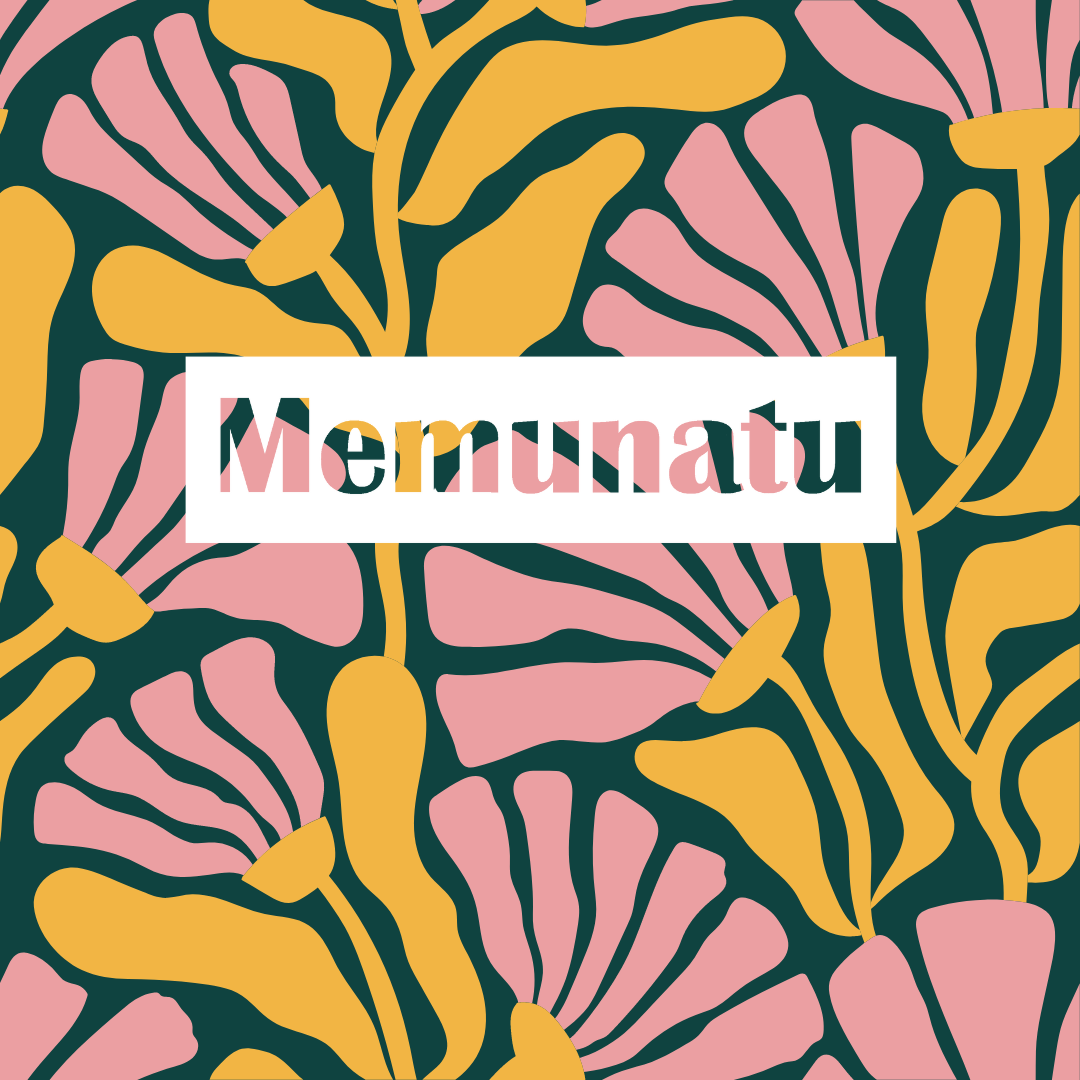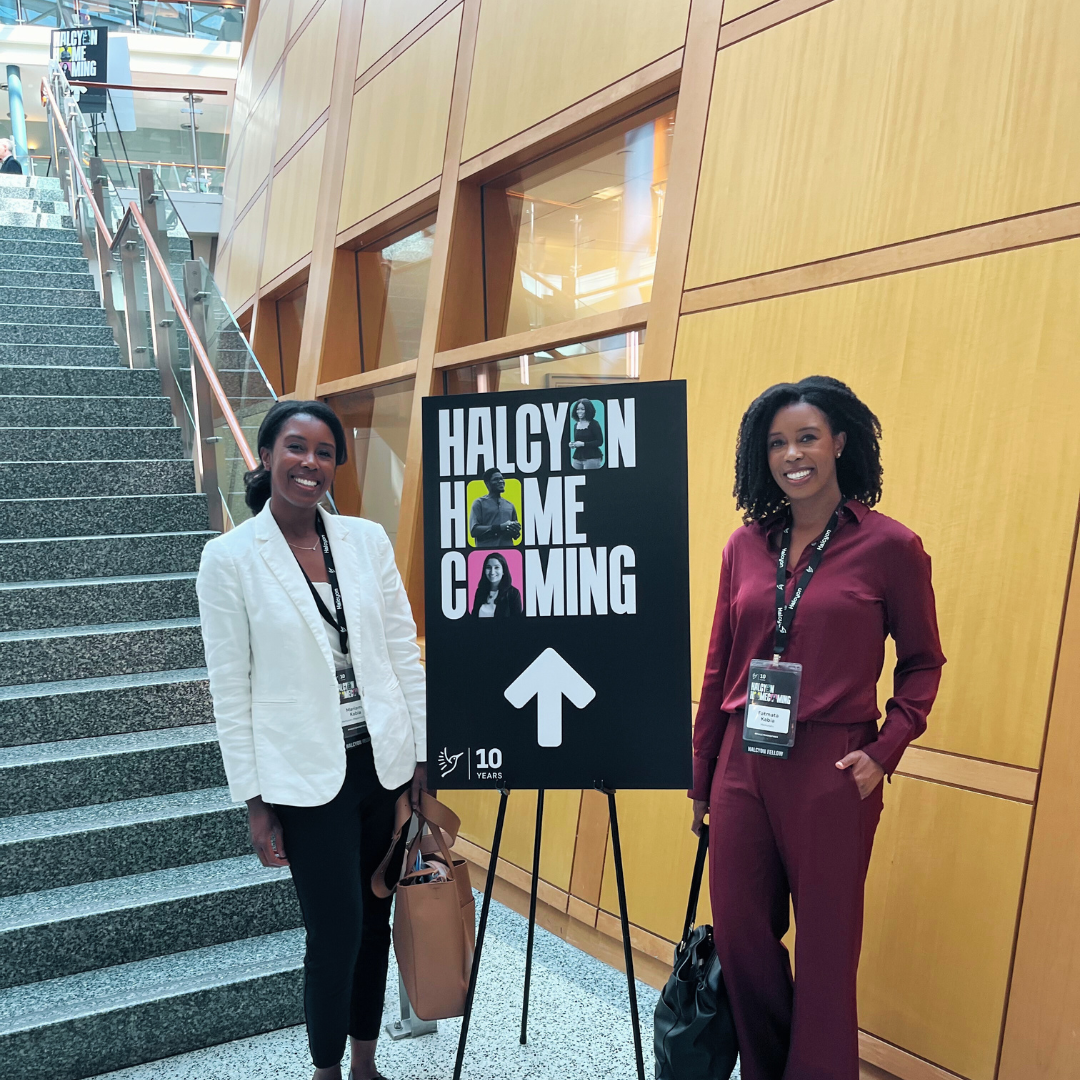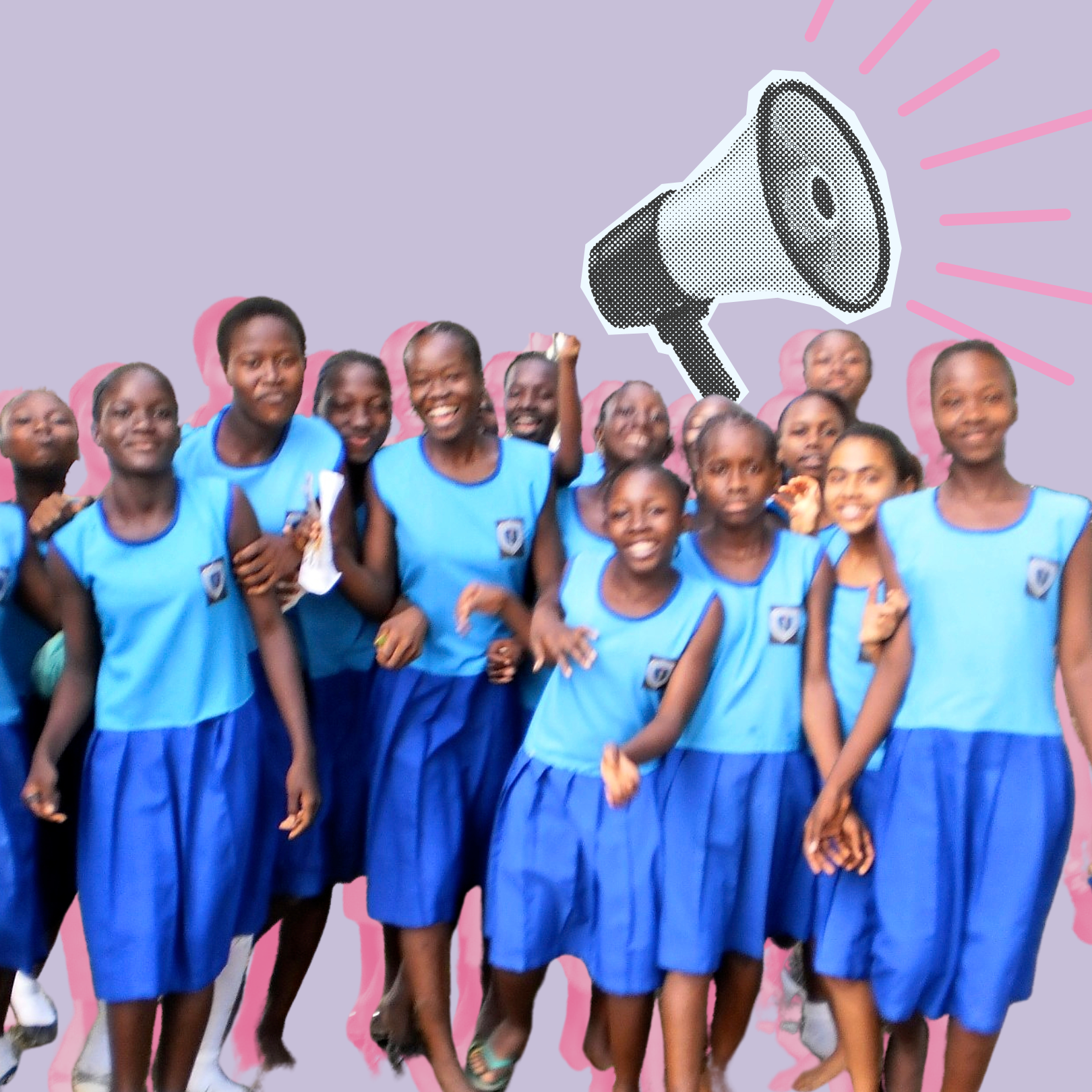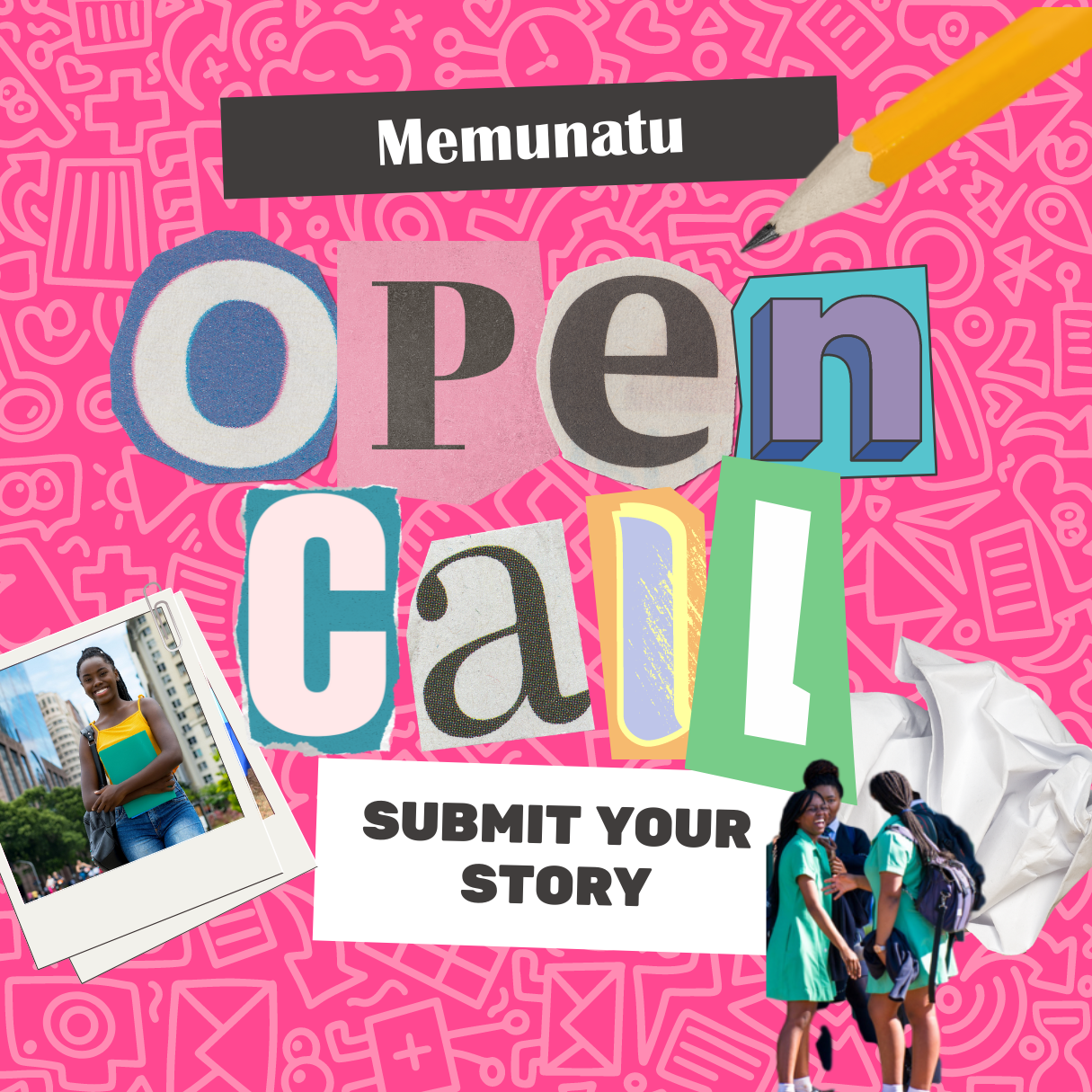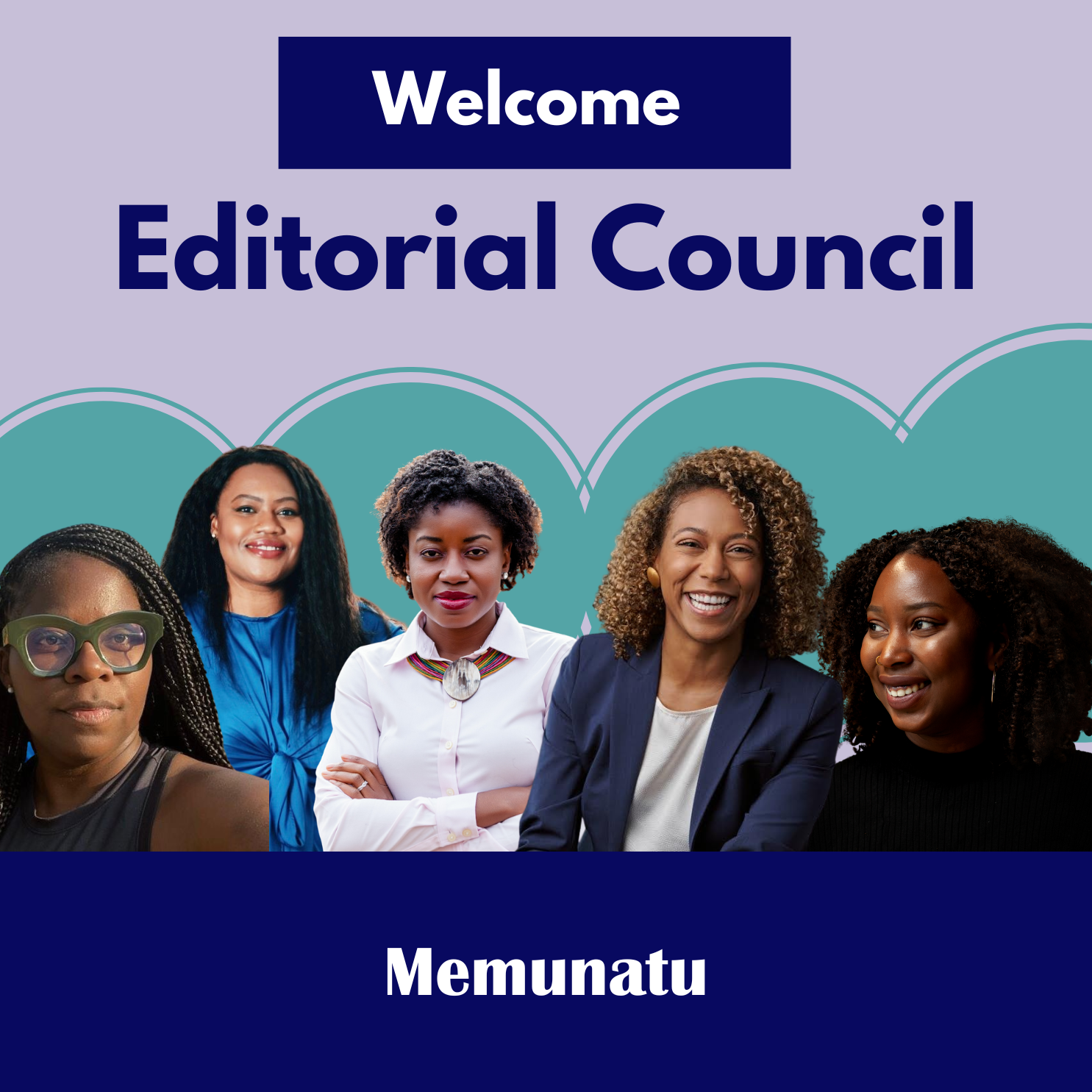Memunatu 50:
We are launching #Memunatu50, a list of 50 professionals spanning the African Diaspora. We have selected people we believe are making a difference in their respective fields while putting the continent on the map. Every other week we will post someone new. From entrepreneurs, creative and policy makers, these are the game changers to watch out for.
Name: Joshua Kissi and Karen Okonkwo
Occupation: Founders of TONL, a stock photography company seeking to tell diverse stories through imagery
Location: United States
TONL, the brainchild of the West-African duo Joshua Kissi and Karen Okonkwo, is changing the face of stock photography, literally. With a focus on bringing diversity to stock imagery, this venture has taken the two roughly a year to come to fruition and has been getting great feedback. The two merge their skills in photography and business they are creating space within the tech and creative industries for people of African Descent to share their narratives and perspectives.
MM: Can you tell us a bit about your backgrounds? You are both from West Africa but raised in the States, how has that shaped you?
Karen: I am Nigerian-American, born in sunny San Diego and raised in even sunnier Phoenix, AZ.[…] As a Nigerian-American the expectation from our parents is to become a doctor, lawyer, nurse, engineer…anything that is prestigious and pays well. So you can imagine my parents’ dismay when I told them I no longer wished to be a Pediatrician. Getting into Medical Sales was a sigh of relief for them. The trajectory of success and prosperity in our culture has shaped me to always strive to be the best in all that I do. In my household, we were always reminded of the sacrifices made to get us here to America and so therefore our work ethic always reflected that to make our parents proud.
Joshua: I’m Ghanaian-American born and raised in the Bronx, which is the highest population of Ghanaians outside of Ghana in the Southern-West part of the Bronx. The great thing is you have just as a strong community here–, you have the barbershops, restaurants, and markets all concentrated in this one specific area.
MM: Growing up did you always know you were going to be working in the creative industries? What has the journey been like to get to where you are now?
Karen: I don’t identify myself as a “Creative” in the Industry sense. I am a creative person, however, and didn’t really see that part of me come to fruition until I started designing and executing parties for people in my adulthood back in 2012. This realization established my first business, Party With a K. Since then, I’ve been on an amazing 5-year journey of lessons in the small business world, starting new businesses along the way. Those ebbs and flows allowed me to see the value in moving into the big business mind-set and so now that’s the headspace that I am in.
Joshua: Growing up, I had no idea you could create a career in the creative industry. The environment was creative when it came to hip hop culture and growing up in the inner city, but I have never thought that picking up a camera would result in me building a career for myself. Given the context that we’re discussing being African; I think most parents are comfortable with the traditional perception of success; we hear it all the time: lawyer, doctor and engineer. To our parents that is a safe net [for[ job security, financial stability and a sure academic route. When it came to occupations in art / creativity it wasn’t as readily available or came with the amount of prestige as the traditional successful occupations. Now my parents have changed their opinion on the creative industry: knowing you can impact and change the world just as much as a doctor; with a strong idea.
MM: How did the idea of TONL come about? Was there a moment where you realized ‘this is necessary’?
Karen: I dabbled in the small business world creat[ing] a successful site/blog with my two sorority sisters called The Sorority Secrets. It was through that platform that I realized how hard it was to find diverse imagery that accompanied our posts. This was a point of frustration that I carried with me for years. In 2016, those frustrated feelings resurfaced and inspired me to connect with Joshua as I was well aware of his amazing photography skills. I brought the idea to him in hopes that HE would bring it to life. I was too busy to take on another business. However, he was persistent that if this idea came to life it would have to happen with both of us. Neither one of us wanted to embark on it so we let the idea dissipate. Half a year later, the injustices in the black community with crooked cops killing young black men ignited a fire in Joshua and he approached me and reignited the idea of collaborating on the stock photography business to allow the world to hear and see the real stories behind people of our race and different ethnic backgrounds. From there, TONL was conceived.
Joshua: At first I totally rejected the idea of getting into the industry of stock photography as a photographer. Most of today’s stock photography can be viewed as cheesy and vapid in many ways. I changed my opinion during July of 2016 when the unjust murders of Alton Sterling & Philando Castile by the law enforcement. It sparked us to feel like we HAVE to do something to attack the many layers of racism in the world and then TONL was born. A photograph is powerful enough to connect people, whether through emotional imagery, nostalgia or art it plays on our perspective. Essentially there’s nothing like an image and it isn’t going anywhere anytime soon.
MM: How did you come up with the name TONL?
Joshua: I have to give full credit to my girlfriend Mekdes Mersha for helping us coin the term TONL. We were sitting in my apartment in Brooklyn trying to think of names to brand the company with and we playing around with skin tone, tone, tonal – then TONL came about!
MM: What has the response been like so far?
Karen: The response has been INCREDIBLE. We receive tweets, comments and private messages daily with people praising us for doing this and doing it right. The best response I recently got was from a woman who we’ve known each other via social media and had only had one other in person encounter previously. I ran into her at a church function I was attending to support my friend and she came up to me and her eyes just started to well up in tears. She said that she never cries and only cries when something really touches her. She could hardly get her words out because overall she was so moved by TONL. That was a proud moment for me because I got to witness first hand what our site was doing for someone who is otherwise underrepresented in the online world.
Joshua: The response to TONL has been nothing short of amazing. I think we’re in this really unique start up space where our mission statement is a solution, but at the same time we’re touchable to the community, they’re not just customers.
MM: What are your hopes for the future of TONL?
Karen: Our hope is to be the premier diverse stock photography website. We want to gain big business from large household names and be champions and thought leaders as it pertains to diversity.
Joshua: To change the world, I know it sounds like the usual, but I really hope for TONL to be leading the conversation in how the idea of diversity can impact the world. Sharing photos and stories can connect us all.
Interview has been edited for brevity and clarity
